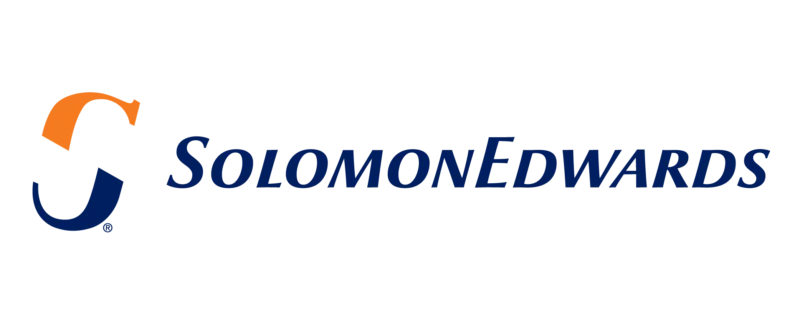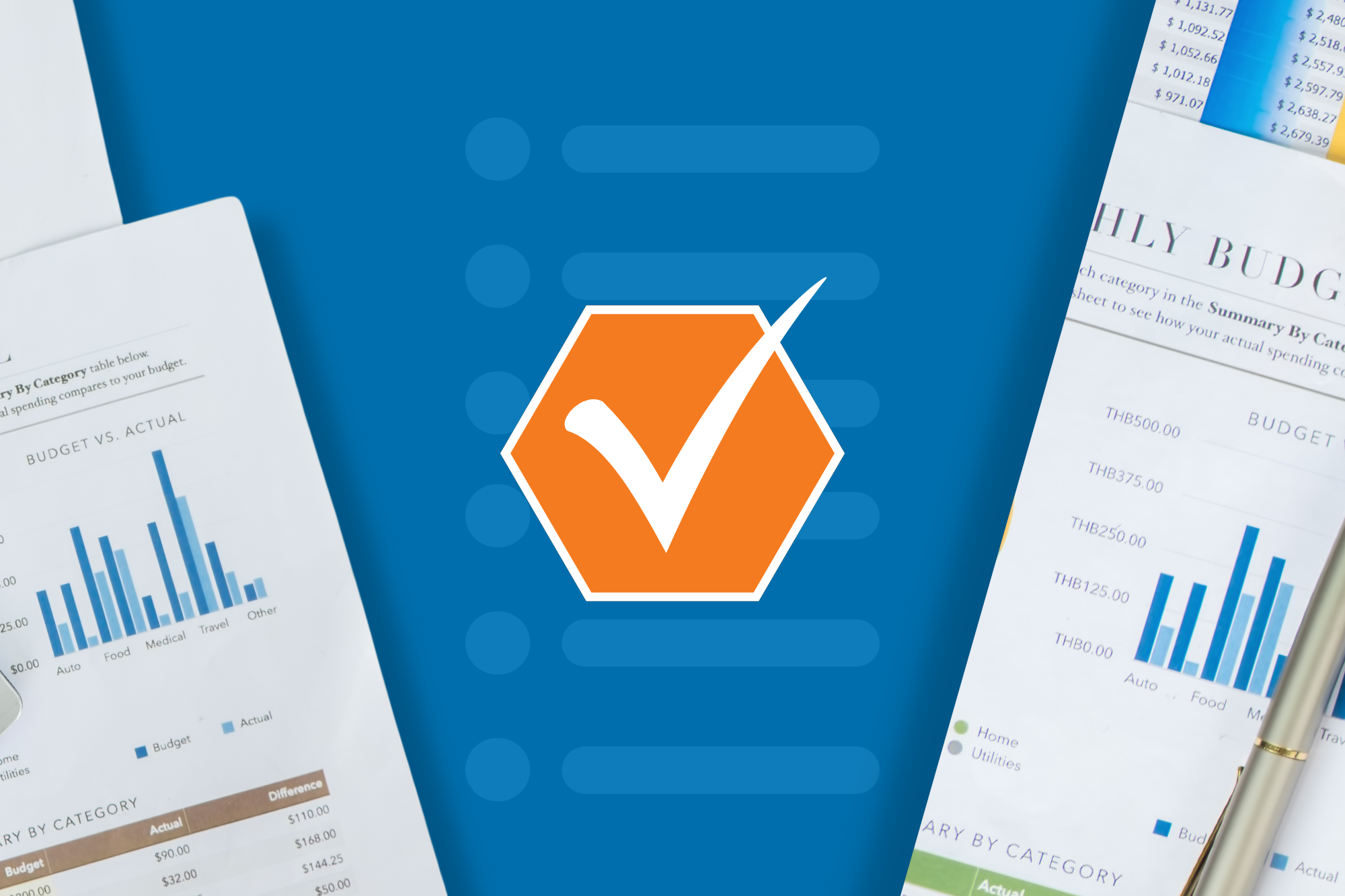Updated, mandatory internal audit standards from the Institute of Internal Auditors (IIA) became effective on Jan. 9, 2025. The revised Global Internal Audit Standards, which guide the worldwide practice of internal auditing, represent a significant evolution in the practice of internal auditing by emphasizing enhanced alignment with organizational goals, comprehensive documentation and improved governance. The updated standards aim to standardize and elevate internal audit functions, ensuring greater transparency, efficiency and value.
What’s changed?The updates are reflected in the International Professional Practices Framework, which organizes The IIA’s guidance. At the heart of the Global Internal Audit Standards are 15 guiding principles that enable effective internal auditing. Each principle is supported by standards that contain requirements (the mandatory practices), considerations for implementation (common and preferred practices), and examples of evidence of conformance (i.e., ways to demonstrate the standard has been implemented).
|
|
|
Unified frameworkThe new standards are presented in a streamlined framework, providing a singular reference point for IA activities and offering more accessible guidance for practitioners globally.
Alignment with organizational strategyChief audit executives (CAEs) are expected to develop strategies that integrate with organizational goals, ensuring internal audits add strategic value.
Enhanced documentation practicesMore comprehensive documentation is required to substantiate conformance to principles such as professional skepticism. Internal auditors must detail their processes, decisions and evidence in a way that withstands scrutiny and facilitates external reliance.
Integrated assuranceCAEs are now required to coordinate with internal and external providers of assurance services to reduce duplication of efforts, bridge gaps in risk coverage, and ensure a cohesive assurance framework.
Improved reportingInternal audit reports must now prioritize findings based on their significance, enabling management to act on critical issues more effectively.
Regular quality assessmentsTo ensure adherence to the highest professional standards, external quality assessments are now mandatory every five years, with at least one assessor being a Certified Internal Auditor (CIA).
|
About the Author
Pamela Stacey is a Senior Manager in SolomonEdwards’ Governance, Risk & Compliance practice. She has over 20 years of experience working in both Big Four public accounting and private industry roles in SOX compliance and external and internal audit. Pamela has expertise performing audits of financial, operational and information technology general control (ITGC) environments and has worked across multiple industries, including crypto, pharma, oil and gas, energy, space exploration and transportation.






